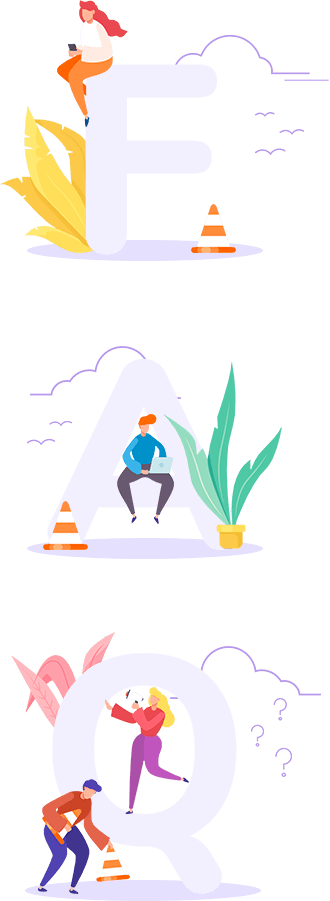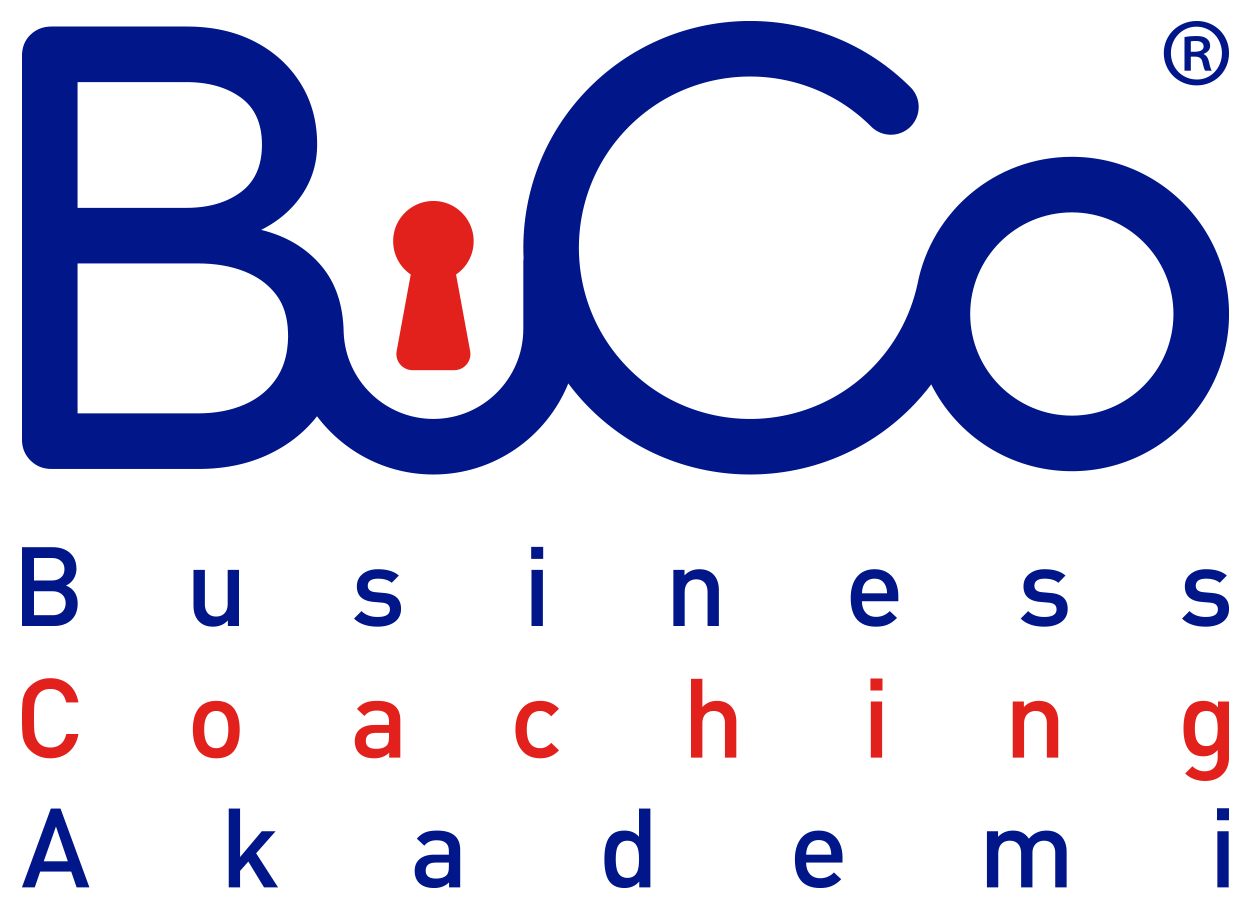Business Coaching Academy
Frequently Asked Questions
ACICF defines coaching as partnering with clients in a thought-provoking and creative process that inspires them to maximize their personal and professional potential.
PWC defines coaching as follows: “Coaching enables employees to rapidly raise the learning curve and helps them take initiatives, contribute to ideas and take quick decisions”.
ICF-approved professional coaches are people who have completed all the requirements of an accredited training program of at least 128 hours. ICF requires professional coaches to have gained at least 100 hours of professional practical experience in addition to completing the training program. At the same time, professional coaches continue to constantly improve themselves and add value.
The professional coaching, as a profession, is spreading every year. According to the ICF 2020 report; the number of coaches serving globally is estimated to have reached approximately 71,000 by 2019, with an increase of 33% since the 2015 forecast. As per the same report, it is estimated that the number of leaders in the business world using their coaching skills has increased by almost half (+ 46%). (ICF, 2020).
AA business coach guides the business owners by helping them to clarify how their business fits with their vision and personal goals. Business coaching is a process used to get a job from its current location to where the business owner desires. Business coaching is one of the fastest growing sub-branches of coaching and companies are increasingly expressing their need for a business coach. As per ICF 2020 report; compared to 2015 figures, the ratio of coaching practitioners who define Business Coaching as their main area of expertise has increased from 62% in 2016 to 65% in 2019. Finally, according to PWC reports, numerous recent studies reveal that coaching provides an investment return of over 500% and significant financial benefits. Coaching is a method used frequently in the business world and provides various contributions to organizations. According to a survey conducted by the International Coach Federation (ICF) and Human Capital Institute (HCI) in 2015; a strong coaching culture has been associated with increased job performance and a higher employee engagement. Survey also states that 51% of the participants have earned an income above the peer groups in the sector and furthermore 62% of the participants are more committed to the coaching culture and the companies they work with.
According to the ICF / HCI survey, respondents reported business improvements in the following five areas:
• Improved team performance
• Increased loyalty
• Improved productivity
• Improved employee relations
• Faster leader development
AFirst of all, coaches receive a sophisticated training dedicated to coaching. The communication between coaches and their clients is equal. Coaches are not people who transmit their knowledge and dictate ‘what to do’ to the client. Their main purpose is to help clients find their way and discover their potential by triggering their thinking.
The counsellor guides the client on a subject he/she is an expert on.
The therapist takes care of your mental health; Coaches do not have a purpose or training to improve your mental well being.
A
The benefit you get from a coaching session depends on the goals you set. A few of these were examined in a study conducted by ICF in 2009 and revealed that coaching can be beneficial in more than one area. 80% of those who received coaching reported increased self-confidence whereas 70% reported that they have experienced improved job performance, relationships and more effective communication skills. 86% of the companies reported that they have compensated their investment in coaching and more. (ICF 2009). Another study by Forbes took an in-depth look at the benefit of coaching in different internal processes. Below you can find the processes that participants usually report: Self-Awareness: Most leaders report a significant increase in their self-awareness level. They have stated that they could better understand themselves and their self and have gained more insight into how they affect others. Self-Confidence: Leaders also stated that their self-confidence has improved. At the same time, they stated that the thoughts and beliefs they limited themselves were decreasing. Self-Leadership: Leaders reported that as their personal development, self-knowledge and self-confidence increased, their awareness on their own leadership has improved. They stated how they led themselves through the coaching sessions and that they also discovered the highlighted expectations they set for themselves. It turned out that some participants had unrealistic expectations, so they realized through coaching sessions that they needed to be more compassionate about themselves and develop their ability to manage with self-acceptance.
A
To understand whether a coaching session is right for you, you first need to be clear about what you expect from coaching and what you are looking for. Knowing what you want to achieve at the end of the session will help you in this regard.
Coaching is a partnership process. You need to consider whether this partnership is right for you and whether you can take advantage of this process. Measuring whether you have enough energy to make serious changes in your life and business and stay in this partnership process will also help you in the decision-making process.
A
First of all, it will be helpful for you to find an ICF certified coach. Thus, you can be sure that the coach complies with ICF ethical rules and competencies.
You can find out whether the coaches are suitable for you by researching their references. Pre-interviewing with more than one coach and measuring eligibility can also be a useful assessment method.
A
Coaching starts with one-to-one meetings. In this process, it may be preferred to meet face to face, on-line or by teleconference methods. At the beginning of the process, interviews are held to understand what coaching looks like and whether it is suitable for the person. Afterwards, follow-up sessions are scheduled on the determined days at determined intervals. During the scheduled sessions, a support system is created for the person to reach his/her goals. At the same time, the coaching process is supported with assignments and tasks to be done during the period.
A
Effective coaching depends on specific, measurable, time-bound goals. You can measure the progress in two ways. First, you can check whether the goals set at the beginning of the coaching meeting have been achieved. For example: You can check whether performance improving goals such as increase in income/wealth have been achieved or whether you have been entitled for a promotion?
Another means of assessment is self-scoring at the beginning of the coaching session and subsequently at regular intervals. It is also a useful means of assessment to monitor the change of an individual’s way of thinking and self-assessment.
C
Naturally, many people may be sceptical about the benefits of coaching. But finding a competent and successful coach is one of the most important points of this process.
It would be favourable to come together with a coach who has adopted a professional approach, complies with ethical rules, has obtained necessary certificates and has received a reliable training. That’s why it’s important to take the time to choose the right coach and search for a coach who shall meet your own needs. It will be helpful for you to choose a coach you can fully trust and feel enthusiasm about going on a journey together.
The most critical point at this stage is with whom you feel comfortable and who will be capable of unleashing your creativity. There are also a few other things to consider:
- What does Coach’s experience cover? What is his/her subject of expertise; personal or team coaching?
• Where did he get his coaching training? Has he/she been certified by ICF?
• What is the potential of the coach to reach out to clients?
• What is the coach’s philosophy?
• What are the potential success stories?
Numerous research has also been conducted on the competencies of coaches. A study conducted in 2016 from the viewpoint of both the coach and the client and published in the academic bulletin titled ‘Consulting Psychology Journal’ emphasized the importance of a strong working alliance between coach and client. This extensive study has revealed that coaches’ self-efficacy, belief in the benefits of coaching and the ability to create permanent behavioural changes are critical in determining the effectiveness of coaching.
At the same time; coaches who have established a trust-based relationship with their clients and have set clear tasks and goals, were referred to as successful coaches and got high scores. It was observed that even in cases where the client’s self-efficacy was low, this problem was partially resolved in an environment where a strong working alliance was established with the clients and clear goals were set.
A
Coaches can participate in many areas such as coaching senior executives and leaders, assisting the training/examination processes of young people, future and career planning, setting goals and vision, project development and creativity processes, can provide support improving the relationship and communication between couples and in family members as well as developing teams. A coach should have received additional training and have gained competence in the area they want to specialize in after he/she has completed fundamental coaching training. Coaching is a process that includes many other topics. According to a study conducted by the Harvard Business Review, 132 out of 140 participants reported that their focus changed after they started their coaching sessions and found solutions for their problems and they continued their coaching sessions accordingly. This means that coaching is actually a versatile process that can be used in many areas in your business life.
A
Founded in 1995, the International Coaching Federation (ICF) sets high standards in the field of coaching and works on ensuring the coaching profession to be conducted within the framework of ethical rules.
It also offers certification programs, provides a worldwide network for certified coaches, gathers coaches and those who want to be a coach under one roof.
A
Business coaching is one of the fastest growing sub-branches of coaching and companies are increasingly expressing their need for a business coach.
According to PWC reports, numerous recent studies reveal that coaching provides an investment return of over 500% and significant financial benefits.
According to researches, the benefits of business coaching can be seen in many areas. From the perspective of employers, the benefits provided to the organization can be summarized as follows:
- Increase in Productivity (Olivero, Denise Bane, & Kopelman, 1997),
• To act as a support mechanism for other training programs (Wales, 2003),
• Improvements in communication (Graham, Wedman, & Garvin-Kester, 1993)
• Improving the efficiency of Organizations or Teams (Hagen & Garvrilova Aguilar, 2012).
The issues that are thought to be beneficial for both the client and the employer are as follows:
- Improvements in interpersonal dynamics/ teamwork (Hagen & Garvrilova Aguilar, 2012),
• Achieving higher levels of motivation (Sonesh et al., 2015),
• Increased job satisfaction/retention/Commitment (Ellinger, Ellinger, & Keller, 2003; Olivero et al., 1997),
Developing new skills and the ability to effectively cope with stressful situations, improved leadership and management skills (Wales, 2003),
Another study conducted by Fortune with 1000 companies that benefited from business coaching services summarizes the benefits of business coaching as follows:
- Increase in productivity (by 53%)
• Improvement in customer services (by 39%)
• Increase in the retention of experienced employees (by 32%)
• Cost Cutting (by 23%)
• Increase in profitability (by 22%) (Fortune, 2001)




